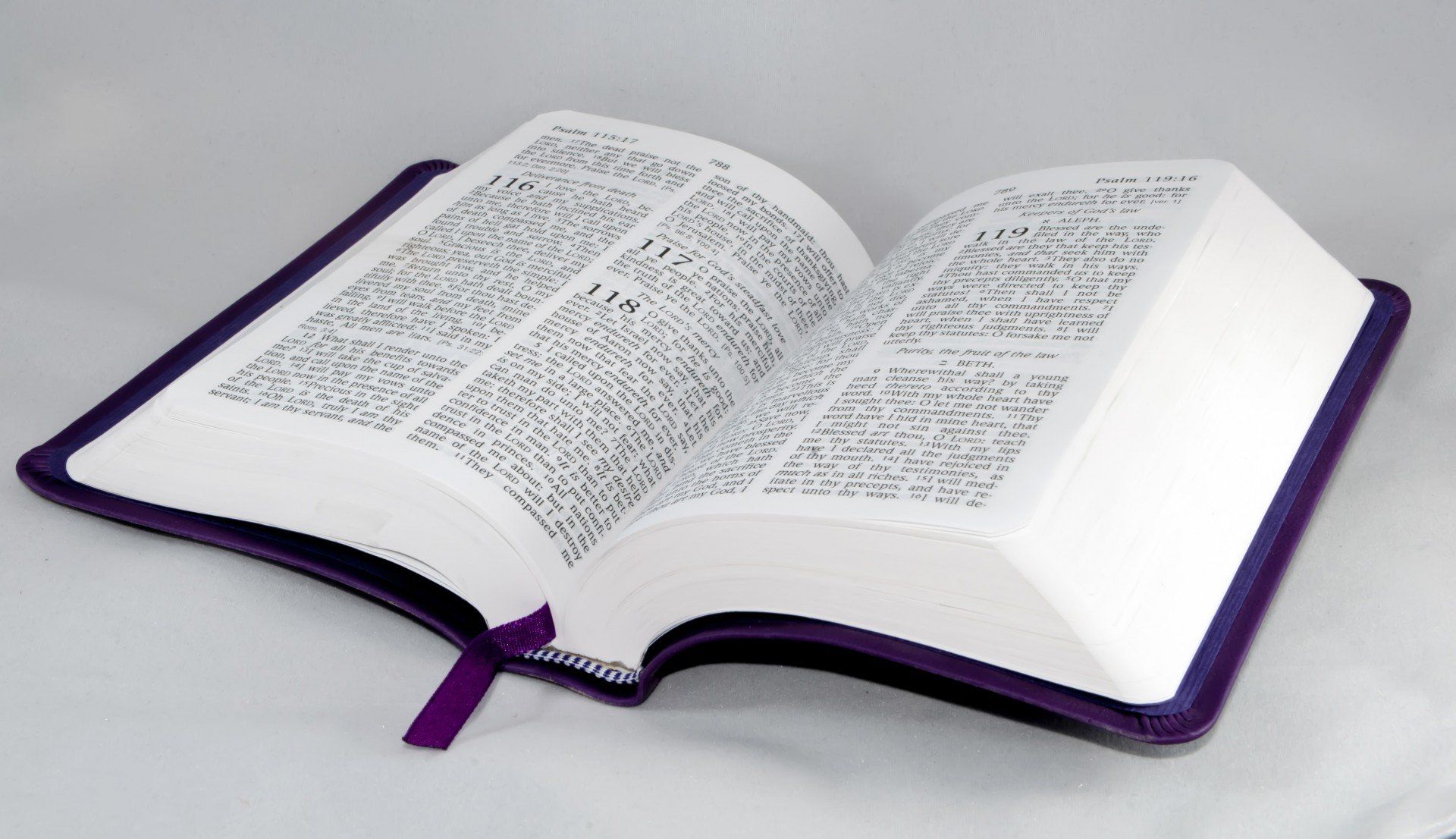WARNING TO THE RICH

James 5.1-6
In the Bible, the rich are often the objects of divine scorn and condemnation. "But woe to you that are rich, for you have already received your comfort. Woe to you who are well fed now, for you will go hungry. Woe to you who laugh now, for you will mourn and weep" (Luke 6:24-25). "And Jesus looked at him and said, How hard it is for the rich to enter the kingdom of God!" (Luke 18:24).
The point of such stinging rebukes is not to teach that there is sin in being rich or merit in being poor. It is God who gives certain of his people the power to achieve wealth (cf. Deut. 8:18), and abundant increase is sometimes the sign of his special favor upon an individual (e.g., Abraham). The Word of God also recognizes that poverty is sometimes caused by laziness and forbids the church to relieve a person in such circumstances (cf. 2 Thess. 3:10). What, then, is the Bible's teaching about earthly riches?
It is simply that we are not to put our primary trust in riches but in the God who gives all things. "Whoever trusts in his riches will fall, but the righteous will thrive like a green leaf” (Prov.11:28). This was the gist of Jesus' teaching when he said, "Do not store up for yourselves treasures on earth, where moth and rust destroy, and where thieves break in and steal. But store up for yourselves treasures in heaven, where moth and rust do not destroy, and where thieves do not break in and steal. For where your treasure is, there your heart will be also" (Matt. 6:19-21).
It is important to remember the place of the poor and the rich in the Bible. Ideally there were to be no poor in Israel, for those with goods were to share with those without (Deuteronomy 15:4-11). However, Israel never achieved this ideal. Thus, God himself championed and blessed the poor (Deuteronomy 10:17-19; Psalms 35:10; 86:1-2; 107:41).
This attitude toward wealth continues in the New Testament. Jesus himself was poor (Matthew 8:20), as were many of the early Christians (1 Corinthians 1:26-29; 2 Corinthians 8:15). The poor and hungry are blessed with good news (Matthew 11:5; Luke 1:53; 6:20; 21:1-4) and told not to worry about food and clothing, for God will care for them (Matthew 6:19-21).
James’s condemnation of the rich is in line with the witness of Scripture, especially the words of the prophets and Jesus himself. Generally, in the Bible the poor are righteous, and the rich are evil. This is a generalization and so is not true in every case. However, one must not ignore the special place given to the poor as those who rely on God and the clear warnings against the dangers of riches. The Law, the prophets, Jesus, and James all reverse the normal human assessment that riches are good and poverty bad.
In James 5:1-6, the Holy Spirit seeks to impress two important truths. First , this text shows the ultimate worthlessness of earthly riches. Contrary to popular opinion, money does not buy everything. Second , it shows the depravity of soul which results when one does put his trust in worldly goods rather than in God. In the materialistic world we inhabit, hardly any warnings could be more timely.
Bob's Blog









